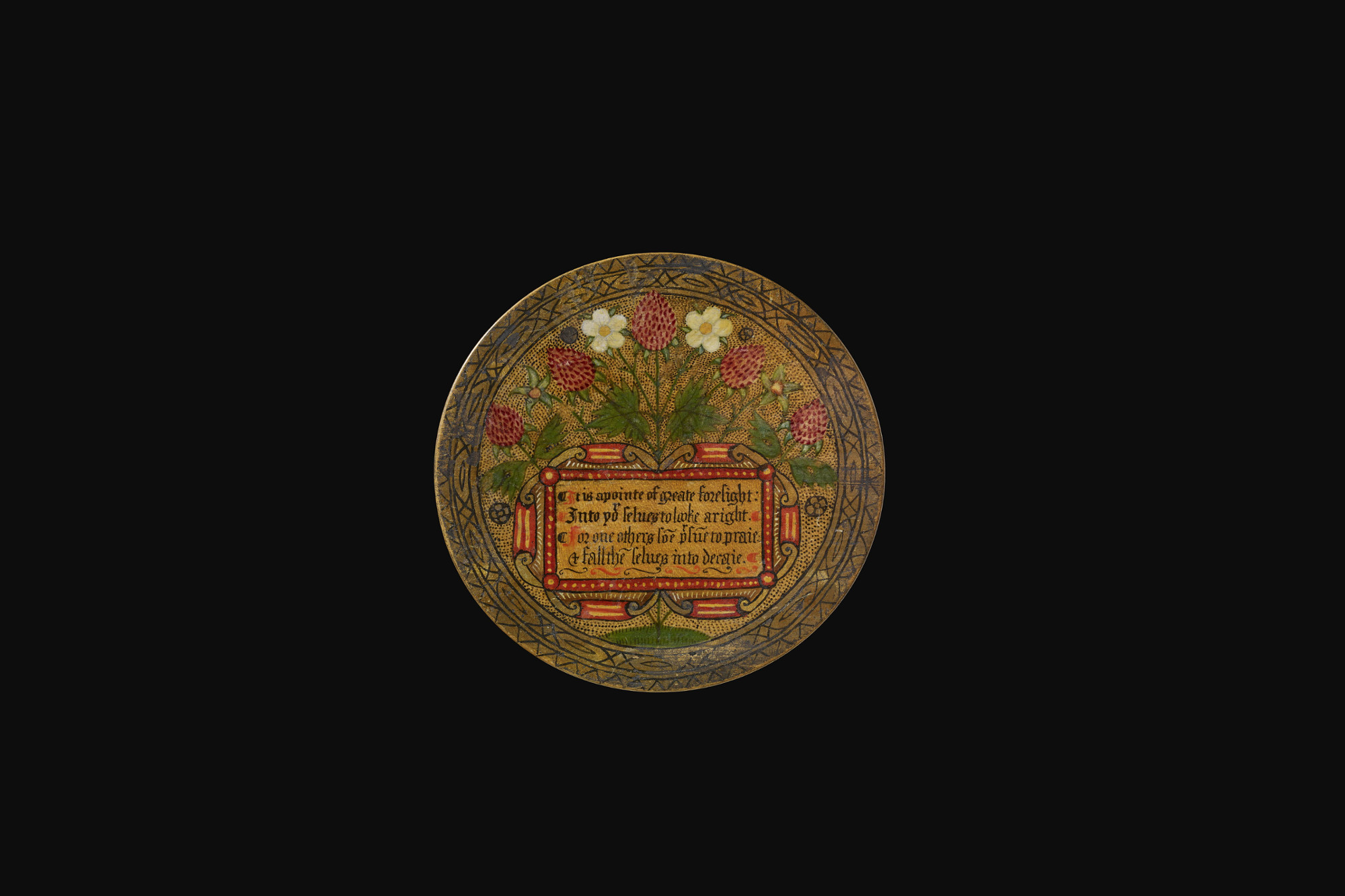This project examines the cultural lives of the literate, urban 'middling sort' in early modern England, analysing the broad range of written and material forms with which they were engaged as producers and consumers.
Some of the most popular writers in English were members of this key, but neglected, social group and The Cultural Lives of the Middling Sort will provide the first sustained and holistic analysis of their cultural practices. Fully understanding their production and consumption patterns will allow us to reconstruct the urban aesthetic and scribal cultures in which significant prose and dramatic writers such as Nashe and Shakespeare grew up and participated.
At stake here is a more comprehensive and accurate sense of the cultural identities of a range of influential households, those of professional writers, clerics, physicians, tradesmen, lawyers and urban administrators, their wives, servants and children: how their writing related to their broader aesthetic environment, and how their outputs mediated culturally between those above and below them – the way they used them to further their social and political ends. It will transform our sense of the way reading and writing fitted into the everyday cultural lives of the middling sort, and give us a clearer understanding of the history of those relationships between social mobility, creativity and the arts which continue to be of interest and importance in the present.
Our main objectives are:
- To understand the range of forms that middling aesthetic and scribal cultures took in this period.
- To analyse the relationship between aesthetic and scribal production and consumption for this group (i.e. what textual, visual and material work they authored and created and what they bought as entertainment, possessions or decoration).
- To assess what remains of these products and how they might be identified.
- To examine how coherent these practices were within and across different geographical locations.
- To explore the relationship between international, national and provincial cultures within early modern urban environments, and see what connections can be made between international, national and provincial museums/ libraries now.
- To investigate how middling cultural practices mediated between the domestic sphere of the household and the public sphere of artistic and textual production, and the gendered implications of such mediations.
- To assess the variety of middling attitudes towards aesthetic and scribal production and consumption which are thereby revealed, and their role in defining status and aiding social mobility.
- To establish how we can challenge modern perceptions about the historic relationship between social status and creativity, and current understanding of early modern biographies (including Shakespeare’s), and explore how the research might contribute to contemporary debate about the role of creativity in social mobility.
